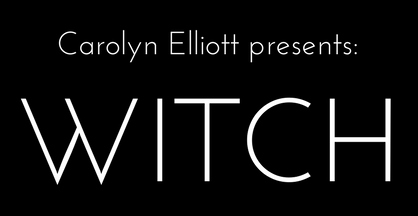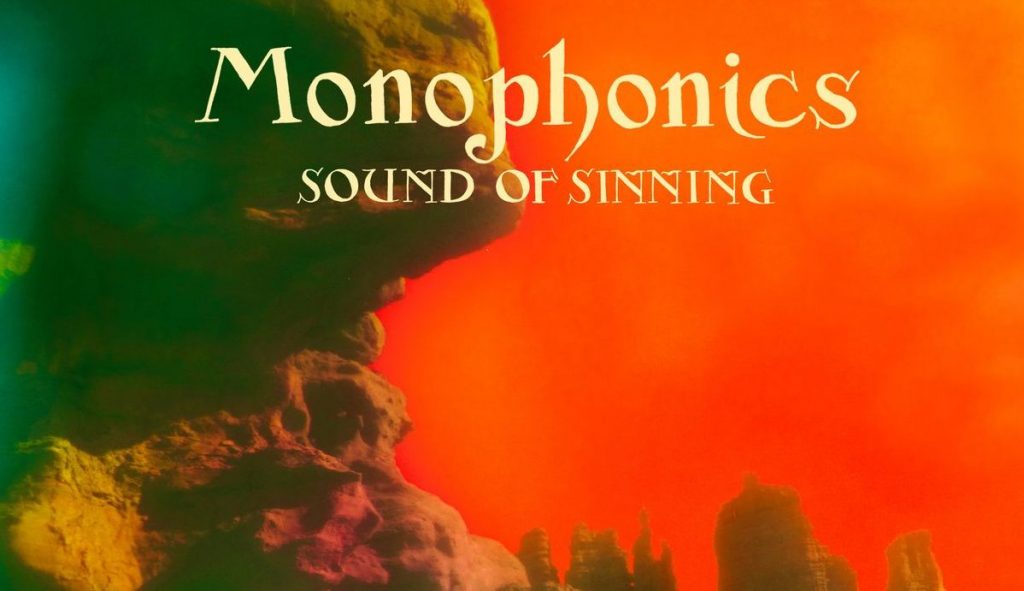by Zoe Kosovic-Rios
In the age of digital downloads where the single reigns supreme, mercifully, there are still records being made that are fully-realized cohesive works of art and “Sound of Sinning,” the latest release from Monophonics, is one of those rare albums.
There is much to be said about how the flawless production, well-gelled thematic, and timeless songwriting lend authenticity to the Bay Area band’s vintage analog vibe, but what really captured me about this album was its emotional content.
Viewed as a whole, the record parodies the stages of the shattering of a relationship. Sonically the songs are exciting and catchy, but once you dip down past the surface, you’re entering into some real soul-stirring shit. The more I listened to this album, the more emotions it pulled out of me with increasing intensity and discomfort.
Pondering what causes a piece of art to have such a powerful effect on its audience led me to the topics of Shadow and Alchemy.
Alchemy as a metaphor for personal inner transformation is real magic that is available to us all. Through alchemy, we use our shadow as a tool for healing, personal evolution, and creative growth and while the process might not be pretty, it is damn powerful.
Like the miller’s daughter in Rumplestiltskin, our task is spin the straw of our suffering into golden threads of beauty and wisdom, lest we sit paralyzed amidst our mounting piles of raw material letting some egomaniacal little man run the show.
A powerful spindle we can use is art, which externalizes the process of transformation and creates a tangible artifact that others can connect to, should we choose to share it. Fortunately, the Monophonics’ had the courage to lay all that tender nastiness out on the reels.
To throw yet another metaphor at you, we can’t grow sweet-smelling flowers without manure. And, believe me, our shadows contain all the manure we need for a lush, sprawling garden, for therein reside all of the “unpleasant” aspects of our personality.
It’s the crawlspace of the soul where we’ve shoved a lifetime’s worth of guilt, resentment, pain incurred and inflicted, rage, and repressed desires — out of sight, but certainly not out of mind.
Neglected and kept in the darkness, these things fester, grow prickly, and become more ominous and powerful…or at least seem to.
Once we shine a light into these dark places, we discover that the things we’ve stuffed away aren’t actually so scary. In fact, there’s some really good shit in there— maybe even enough to make a bad-ass album!
It’s challenging to confront and coexist harmoniously with our shadows, those difficult, vulnerable, and “unfavorable” parts of ourselves. Particularly in the age of social media, it’s natural want to present the best version of ourselves and hide the rest, so I think that to reach in, pull out the muck, and show it to the world is damn admirable.
Listen to “Sound of Sinning,” a collection of songs that are often dark, filled with profound longing, and laced with gut-wrenching lyrics and experience how strangely wonderful it can feel to have your heart dragged through the mud. Wabi-sabi at its finest. It’s a testament to the power of alchemy that from the gnarliest of situations can arise the greatest art.
So, what can you expect to hear in this album? Musically, “Sound of Sinning” delivers psychedelic soul with pop appeal; moaning Beach Boys harmonies, lyrical guitar playing that speaks as clearly as the vocals, great hooks, great-sounding claps, effective reverb, and lyrics emoted so soulfully that they pierce clear through melodrama and strike the bullseye of sincerity.
On lead guitar, Ian MacDonald displays his versatility with clean riffs, pretty, tasteful frills, and mournful distortion pedal work. The horns are thoughtfully placed and catchy, the drum kit offers keen accents, and the background singers sound classic, playing the role of a Greek chorus. The whole band is on point and the instruments own the spotlight just as much as the vocals, which, in a lyrically-driven album, can be a tall order.
Across the album, organ player and lead vocalist Kelly Finnegan’s adroit, raspy bellows are boldly vulnerable and illuminate the nature of disappointment, loneliness, desperation, determination, and that gnawing feeling of missing someone when you absolutely can’t bear to anymore.
Many of the Monophonics songs sound instantly familiar due to the band’s knack for taking recognizable song structures and chord changes and morphing them into new classics. In this way, they pay homage to the predecessors who shaped their sound while remaining fresh and relevant.
The sweet lamentation captured so well by Otis Redding, Marvin Gaye, and The Byrds can be heard reflected within these tracks.
The whole album sounds like a beautiful SOS. Through its alchemical potency, “Sound of Sinning” makes heartache fun and sexy.
Certain types of music allow us to project our own experiences on their songs and, in doing so, reexperience them. Applying the lens of the music gives structure and meaning to our emotions and can help us feel them in a way that facilitates transformation and release.
When it comes to interacting with our shadow side, our instinct is to close our ears to the voice of pain and anger, but keep in mind that it’s probably got a really great song to sing.
Embrace the darkness and let it shine.
About the Author:
featured image – Source

